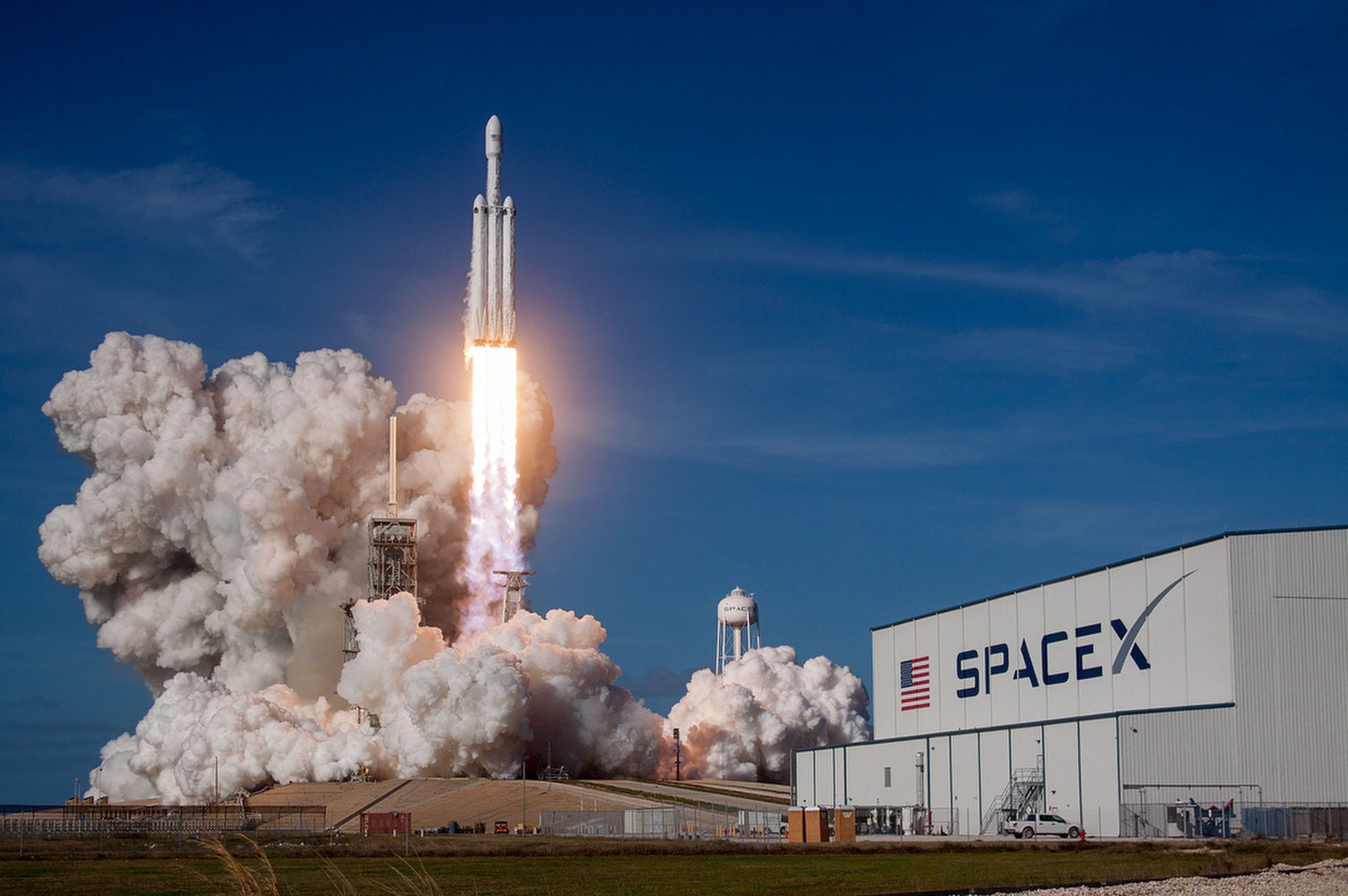
 Elon Musk sends his Tesla Roadster to Mars!
Elon Musk sends his Tesla Roadster to Mars!
The earth is in trouble. We have been warned by scientists across the globe that human contributions to climate change are causing the environment to become unlivable and positive change isn’t taking place fast enough to reverse the damage.
We aren’t destroying the earth entirely, we are simply making it uninhabitable for humans. One day we might have to leave and Mars looks like it might be our best bet.

During the Obama presidency, NASA was instructed to make the exploration of Mars their primary goal. This goal has been matched by Elon Musk, founder of SpaceX, suggesting that many space experts and business people see Mars as a possible future for the human race. However, the Trump administration took power, NASA has been instructed to go back to the moon, a seemingly fruitless cause in the grand scheme of human needs.
This goal change couldn’t have come at a worse time. On January 11th, 2018, NASA reported that it had found large supplies of water ice on Mars, some of which are directly accessible. This could mean a sustainable water supply for exploration and even future colonisation. Now that NASA’s goal has shifted away from Mars, it looks like we’ll be relying on SpaceX to get us to Mars.

Falcon Heavy, a massive reusable spacecraft which began test launching this week, is SpaceX’s new baby. Falcon Heavy was launched on Tuesday the 6th of February 2018 with a payload of Musk’s own convertible Tesla roadster which was set to orbit the earth for what could be upward of a billion years. The roadster was launched flawlessly into space to the tune of David Bowie’s ‘Life on Mars,’ with a dummy driver, named Starman, dressed to the nines in a spacesuit. Three cameras broadcast for around 12 hours from the roadster despite the third burn overshooting the Mars orbit and launching the roadster into the asteroid belt. You can watch the Starman broadcast below:
The nearly perfect flawless test flight, aside from issues with the landing of the core, was not only incredibly impressive to watch but also marks the beginning of a new era of Mars focussed exploration which is going to be pioneered by SpaceX.
In a press conference after the launch, Elon Musk made his intentions clear; "we want a new space race. Space races are exciting." Considering he nearly broke the internet with this launch, it seems the public would agree.
SpaceX aims to send its first cargo mission to Mars aboard the Falcon Heavy by 2022, with a second cargo ship with crew set to arrive just two years later. SpaceX aims to have these initial crew and cargo missions begin building a launch area and the first Mars base. This base aims to be the starting point ‘from which we can build a thriving city and eventually a self-sustaining civilization on Mars.’
Musk is yet to explain how he intends to sustain this colony, but as an independent company and not a government, this is not solely SpaceX’s concern. The colonisation of Mars will likely be the joint venture of many businesses and governments who will aim to create a livable environment with their own expertise. Musk’s own companies can provide some of the services, such as SpaceX providing transport and Tesla providing solar panels, but there are still many areas where other answers are needed. Agriculture and water, atmosphere and gravity to name a few. As well, the cost of a ticket to Mars will likely be hundreds of thousands of dollars, hardly an affordable price for the average Joe.
As of now, it looks as though the human race will be waiting a few years yet to make the move to the red planet, but the technology is racing forward and we are likely to see further advances in the very near future which will take us bounds closer to the next frontier.
